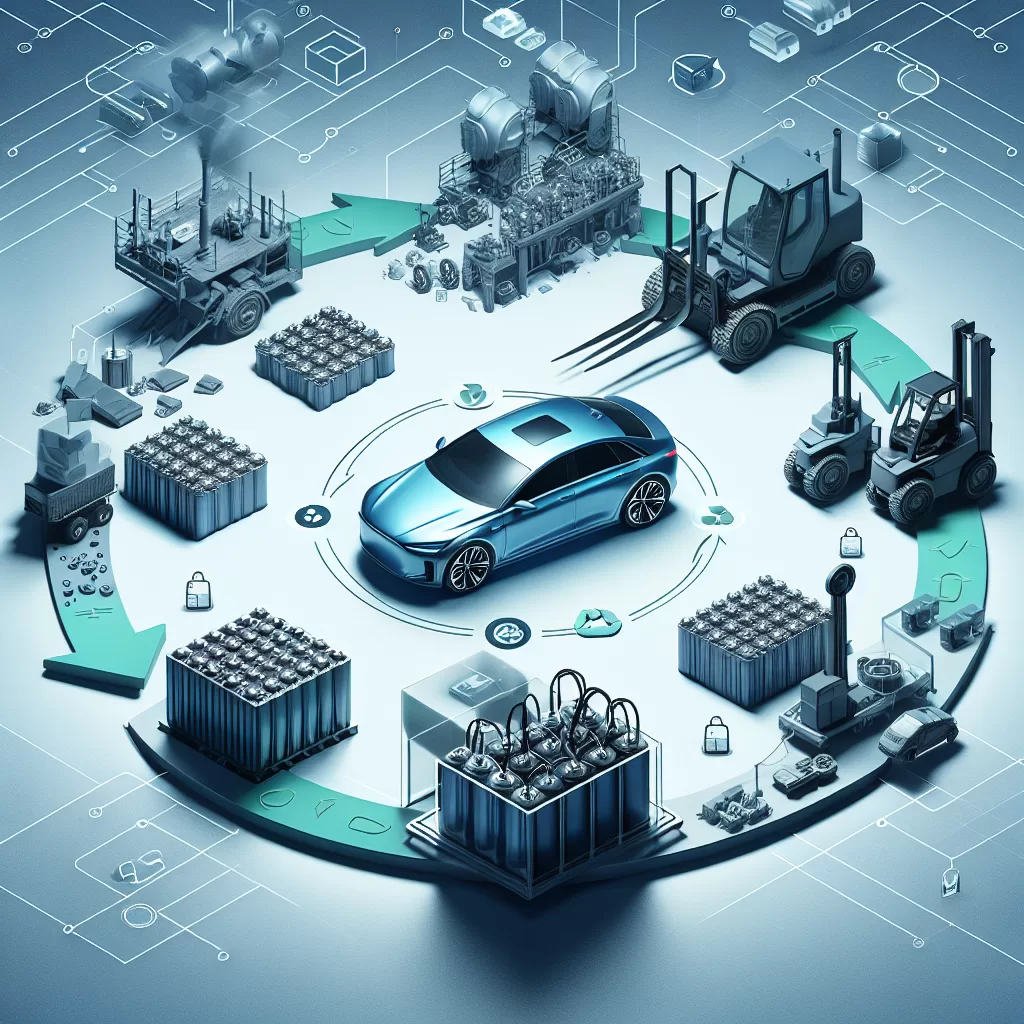Beginning in late 2024, BMW will collaborate with SK tes, a technology lifecycle solutions provider, to recover cobalt, lithium, and nickel from used EV batteries. This closed-loop system will then be expanded to the US-Mexico-Canada region by 2026. The long-term partnership involves BMW directly participating in the recycling processes, allowing valuable insights to be fed back into the development of new batteries.
SK tes’ award-winning battery recycling process mechanically shreds end-of-life batteries, concentrating the metals into a material called black mass. The valuable nickel, lithium, and cobalt are then recovered through hydrometallurgy, an increasingly popular technique for harvesting these crucial metals for reuse. BMW plans to utilize these secondary raw materials for its new GEN 6 drivetrain, among other applications.
“The promotion of circular economy is an important strategic topic for the BMW Group,” says Nadine Philipp, VP of Sustainability Supplier Network at BMW AG. “The development of recyclable products, the increase of secondary materials in our components, and the closing of loops play an equally important role. And by the means of circular economy, we are also increasing our resilience in supply chains.”
As electric mobility manufacturing accelerates and the impacts of climate change intensify, resilient supply chains become paramount. Increasing circularity offers opportunities to safeguard supply by closing the loop on critical raw materials and maximizing component reuse. This not only reduces the social and environmental impacts of mining new minerals but also makes economic sense.
Through innovative approaches to design and production, BMW aims to ensure everything in its vehicles becomes a raw material source for new cars at the end of their useful life. One example is the circular car seat made from plant-based materials and designed for easy disassembly and recyclability.
Tags: #EVs #CircularEconomy #SustainableManufacturing #SupplyChain #ResourceEfficiency

